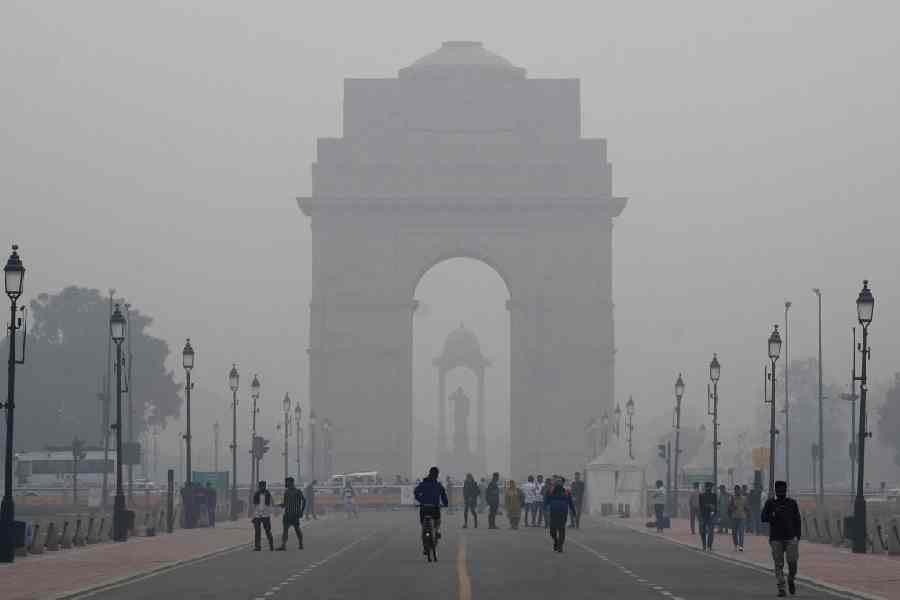Has Indian politics turned a deaf ear to science? A recent statement by the Union minister of state for health, Anupriya Patel, denying an association between air pollution and mortality and disease is suggestive of such deafness. In a written reply to the Rajya Sabha, Ms Patel stressed that a direct correlation between air pollution and deaths or diseases cannot be established owing to the absence of conclusive data on the subject. The minister went on to suggest that air pollution is one of the many triggers for respiratory ailments and related conditions; the other causal elements include individual habits, socio-economic status, medical history, and immunity. Ms Patel’s monumental ignorance is corroborated by the existence of major global studies that have identified the fatal consequences of the presence of PM 2.5 in India’s air. According to IQAir, the Swiss air quality monitoring body, India is now the third most polluted country among 134 nations and is home to 42 of the 50 most polluted metropolises. As for air pollution’s correlation with mortality, a Lancet study published last month showed that 7.2% of the annual deaths across 10 Indian cities — Calcutta is among them — can be attributed to short-term PM2.5. Ironically, a study funded by the Indian Council of Medical Research, which functions under the Union health ministry itself, had attributed 1.7 million deaths in 2019 — 18% of the total deaths that year — to air pollution. These figures cited by reputed global and national entities seem to have not opened the eyes of some of the ruling dispensation’s members. In fact, Ms Patel is not the only leader to profess such unscientific views: in 2019, Harsh Vardhan, the then Union minister of environment, made similar noises by citing death certificates that do not mention pollution as a cause of death.
Could such benightedness be an attempt at deflection? After all, a study has shown that the National Clean Air Programme, the Centre’s flagship plan to check pollution, has been particularly myopic; its focus is not on the large emitters that are responsible for the increasing volume of mortality. Not only has the implementation of Clean Air Action Plans by cities guilty of exceeding PM levels been patchy but the NCAP has also been hamstrung by the lack of quality data. But then, poor execution of the NCAP is to be expected from a government whose representatives deny that air pollution can kill.










